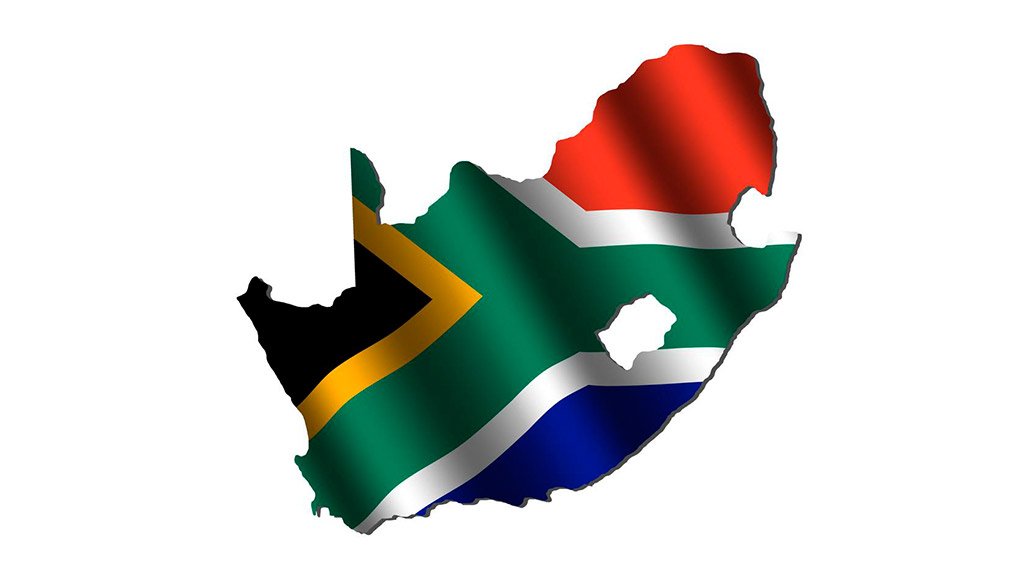/ MEDIA STATEMENT / The content on this page is not written by Polity.org.za, but is supplied by third parties. This content does not constitute news reporting by Polity.org.za.
Liberty under attack and the dream of a rainbow nation as envisaged by Nelson Mandela and Archbishop Tutu is being thwarted, negated and undermined by racially preferential, in reality racially discriminatory policies. This was the theme of the address given by Free Market Foundation (FMF) directors Temba Nolutshungu and Jasson Urbach on Wednesday 18 August following the FMF’s 36th Annual General Meeting.
Nolutshungu said that Mandela supported the concept of free markets in terms of maximising social economic benefits for all people. “His guiding principle was liberty for all in all walks of life and one of his most important gifts to the nation was his ingrained belief in the indivisibility of liberty. This indivisibility and any infringement on it will destroy the principle and any hope of achieving it. The vision of Mandela and the rainbow nation remains elusive while misguided policies, rules and regulations seek to remove it”.
He continued, “Black economic empowerment (BEE) legislation and other racially motivated doctrines, suppress the spirit of enterprise and ensure that the rainbow nation remains elusive. Our BEE legislation is based on affirmative action policies already discredited in countries where they have been implemented previously including the US and Malaysia. These policies have failed to deliver despite their avowed objective of economically empowering the targeted groups. Instead they have brought about the enrichment of a few politically, well-connected individuals and have failed dismally to empower the genuinely disadvantaged target groups”.
Nolutshungu said that tried and tested alternative policy instruments were available that could be the catalysts of self-empowerment of poor people across the racial spectrum. One pertinent example is the Czech Republic where shares in state owned enterprises (SOEs) were given to the people. In South Africa, using a means test basis, shares in failing SOEs such as Eskom and SAA could be given to ordinary poor citizens without causing or exacerbating racial tensions.
In addition, taking from the states’ superfluous own land holding and giving it to poor families with full and legal freehold title to land that they currently occupy without title, would achieve tremendous results. It would give low-income people the ability to gain access to finance and all that means in terms of buying education, healthcare and household essentials. It would give them the first vital foot on the economic prosperity ladder and out of poverty. An additional benefit is the stimulation of broader economic activity as a direct consequence. When people have secure legal title to property, their natural impulse is to improve it. Bricklayers, plasterers, painters, carpenters, plumbers; non-artisan and other unskilled labour are employed in the process.
Economist Jasson Urbach took up the theme of the erosion of individual freedom saying, “The liberty of South Africans is under attack in many areas not least in healthcare in the form of two pieces of legislation: the Medical Schemes Act (MSA) of 1998 and the proposed National Health Insurance scheme”.
The MSA contains two key provisions: Prescribed Minimum Benefits and Community Rating based on the so-called principle of “social solidarity”. Urbach said, “The Act’s effect has been to raise the price of health insurance, which prevents low-income people (typically young and black) from buying health insurance and causes those at the margin to drop out. The consequence is an insurance risk pool dominated by older and sicker individuals with greater expected healthcare costs, which again has the effect of raising the price of insurance”.
According to Urbach, the proposed National Health Insurance (NHI) is, “An idea that puts the proverbial cart before the horse. In SA where unemployment is over 35%, and a small minority of people account for the bulk of personal income tax revenues, it is surprising that the government is even considering imposing yet another tax on already overburdened tax base rather than trying to get more people actively involved in the workforce”.
He said that providing free healthcare for all is not a particularly good use of scarce taxpayer resources. “We need to remember that spending in one area necessarily comes at the expense of another. To the greatest degree possible people should be allowed to take control of their own lives. This includes the freedom to spend their money as they choose and the liberty to enter into agreements with health insurance providers on mutually agreeable terms.
EMAIL THIS ARTICLE SAVE THIS ARTICLE
To subscribe email subscriptions@creamermedia.co.za or click here
To advertise email advertising@creamermedia.co.za or click here











